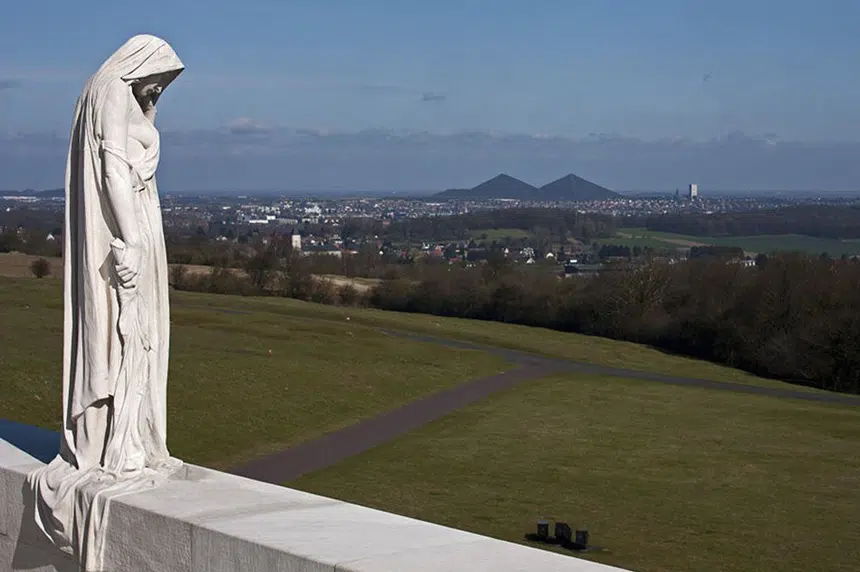Dr. Eric McGeer was so moved by visits to battlefields from the First and Second World Wars that he shifted his professional focus from Latin and history to Canada’s military past.
He has since published three guidebooks to battlefields located in Italy.
McGeer said the consequences of the First World War had a ripple effect that is still being felt today.
“Let’s imagine a world where the First World War had not happened. We never would have heard of Adolf Hitler, we never would have heard of Stalin there would not have been a Holocaust,” He said. “All the awful things that we witnessed in the 20th century would not have happened.”
McGeer describes the war and its aftermath as a ‘great catastrophe’ that not only changed Europe and the former Ottoman Empire but also created a major shift in Canada’s political landscape.
“We think of the war as being a great national epic of unification and a sense of Canada as a country but on the other hand it left many divisions and a great deal of rancour that were evident for years.”
This Remembrance Day marks the 100th anniversary of the armistice that ended the First World War.
McGeer believes the best way to convey how important the war was is to show students where it happened.
“Going to the Vimy Memorial or going to the war cemeteries and seeing it first hand and understanding its context and its place (in history),” McGeer said.
He says students he has taken to these landmarks were quiet and had a life-changing experience.
As time goes on McGeer hopes that people continue to talk about the First World War and educate younger generations.
“It’s worth knowing about, it’s worth preserving and it’s worth transmitting,” he said. “We are very fortunate to live when we do and we owe a great deal to those people.”











